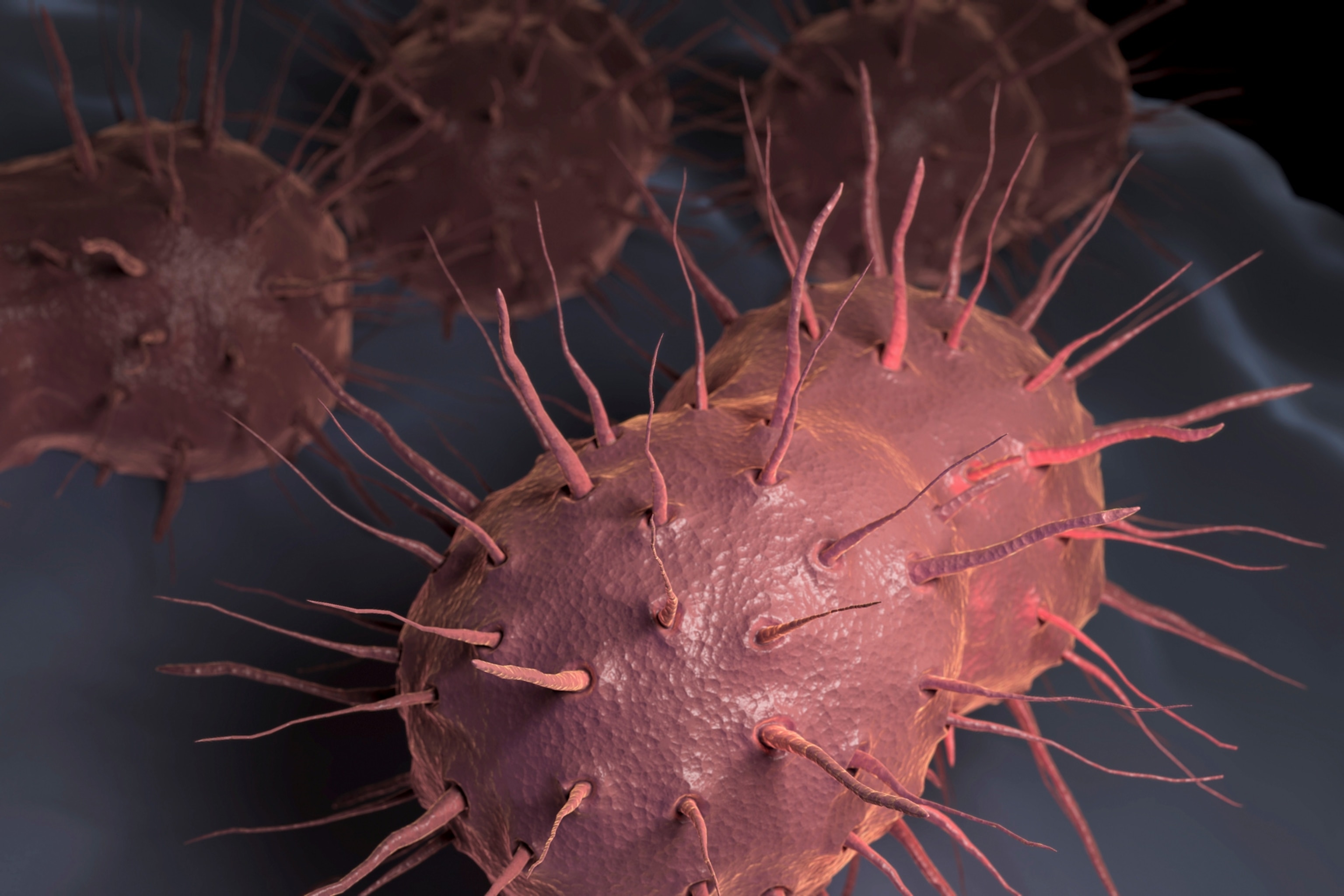
Fatal Superbugs: Antibiotics Losing Effectiveness, WHO Says
"Genetics is working against us, almost like a science-fiction story."
The spread of superbugs—bacteria that have changed in ways that render antibiotics ineffective against them—is a serious and growing threat around the world, according to the World Health Organization's first global report on antibiotic resistance.
Once-common treatments for everyday intestinal and urinary tract infections, for pneumonia, for infections in newborns, and for diseases like gonorrhea are no longer working in many people.
The new report on the global threat adds to a Centers for Disease Control and Prevention report last year showing that two million people in the United States are infected annually with antibiotic-resistant bacteria, and 23,000 of them die each year as a result.
To understand the dangers posed by superbugs, National Geographic spoke with Stuart Levy, chair of the board of the Alliance for the Prudent Use of Antibiotics at Tufts University School of Medicine in Boston.
What exactly are superbugs?
They are bacteria resistant to one or more antibiotics, and they make it difficult to treat or cure infections that once were easily treated. The antibiotic has lost its ability to control or kill bacterial growth. The bacteria can grow even in a sea of antibiotics because the antibiotic doesn't touch them.
How are the bacteria able to circumvent the power of antibiotics?
The bacteria have acquired the ability to destroy the antibiotic in order to protect themselves. They've developed a gene for resistance to, say, penicillin, and that gene protects them. A genetic mutation might enable a bacteria to produce enzymes that inactivate antibiotics. Or [a mutation] might eliminate the target that the antibiotic is supposed to attack.
A bacteria may have developed resistance to five or six antibiotics, so in treatment, you don't know which one to choose. And the bacteria accumulate resistance by developing new genes. Genetics is working against us, almost like a science-fiction story.
Why are these superbugs spreading and the threat growing?
We're continuing to use antibiotics in a bad way. They're supposed to be used to combat bacteria, not viruses. The common cold is a virus. Any time you use an antibiotic when it's not needed, you're pushing antibiotic resistance ahead. People are misusing them in their homes. They may have a stockpile they've saved, and think taking [an antibiotic] will help them with a cold. They're not helping their cold, and they're propagating resistance.
What about other uses, such as using antibiotics in animal feed by the meat industry?
This is a big issue. About 80 percent of antibiotics manufactured are given to beef cattle, chickens, and hogs to help them grow better and put on more weight. They excrete them, and the antibiotics largely are not broken down. They enter the environment—the ground and the water—and retain their ability to affect bacteria and promote antibiotic resistance.
The Food and Drug Administration has come out with a voluntary plan for industry to phase out antibiotic use. I've been championing this for 30 years.
How can we combat the further growth and spread of superbugs?
By using antibiotics only when we need them. And by eliminating their use in animals. There's a paucity of new antibiotics to take care of these multiresistant superbugs, so we're at the mercy of the bacteria.
Are there new antibiotics in development?
The journal Microbe did a report this month on wakening to the need for new antibiotics. There are a number of new antibiotics being studied. They're not there yet, but at least they're in the pipeline.
This interview has been edited and condensed.